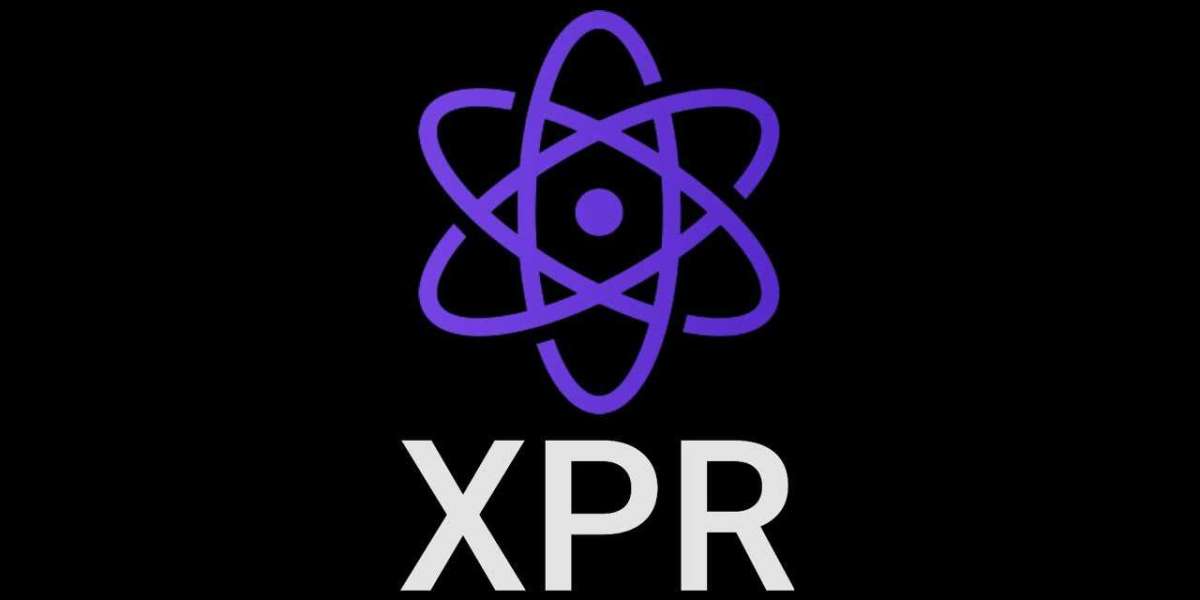Proton is a blockchain network that has been gaining popularity in recent years, and for good reason. While XRP and XLM are also prominent blockchain networks, Proton stands out for several reasons. In this blog, we will explore why Proton is a better choice compared to XRP and XLM.
Firstly, Proton is faster and more scalable than both XRP and XLM. While XRP and XLM can process a few hundred transactions per second, Proton can handle up to 5000 transactions per second. This means that Proton can handle a larger volume of transactions, making it more suitable for enterprise-level applications.
Secondly, Proton is more secure than XRP and XLM. Proton has implemented several security measures, including advanced encryption algorithms, to ensure the safety of its users' data. Additionally, Proton has a robust identity verification system that ensures that only authorized users can access the network.
Thirdly, Proton is more decentralized than both XRP and XLM. Proton uses a proof-of-stake consensus algorithm, which means that the network is maintained by a decentralized group of validators. In contrast, XRP and XLM are both centralized, with a small group of validators controlling the network.
Finally, Proton is more user-friendly than XRP and XLM. Proton has a user-friendly interface that makes it easy for users to interact with the network. Additionally, Proton has built-in tools that simplify the development of decentralized applications, making it easier for developers to build on top of the network.
In conclusion, Proton is a superior blockchain network compared to XRP and XLM. It is faster, more secure, more decentralized, and more user-friendly. As the blockchain industry continues to grow, it is likely that Proton will continue to gain traction and become one of the most popular blockchain networks in the world.






